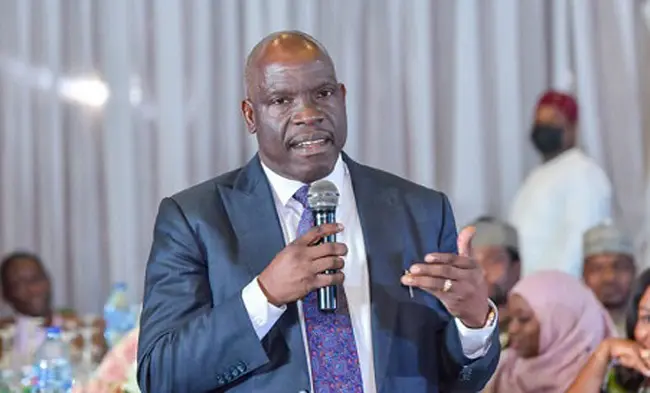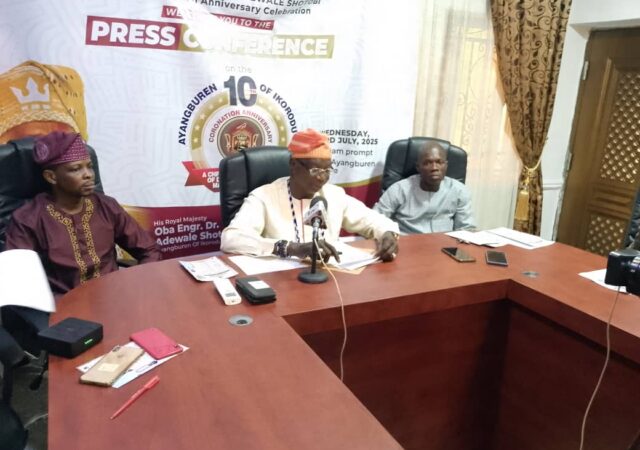Nigeria is positioning itself to attract a significant share of over $600 billion in annual upstream oil and gas investments required by Africa to meet its surging energy demands, according to the Chief Executive Officer of the Nigerian Upstream Petroleum Regulatory Commission (NUPRC), Gbenga Komolafe.
Speaking at the 2025 Africa Energies Summit in London, Komolafe said Nigeria is not only ready but fully equipped to serve as a key driver of the continent’s energy transformation. A copy of his speech was obtained by our correspondent on Thursday.
“Africa’s energy demand is projected to rise by 30 per cent by 2040 due to population growth, industrialisation, and the push for universal energy access,” Komolafe said, citing a 2023 study by the International Energy Forum. “To meet this demand sustainably, Africa must mobilise more than $600 billion annually in upstream oil and gas investments through 2030.”
He added that Nigeria is emerging as a resilient, reform-driven, and investment-ready destination amid a global push for cleaner energy.
“Despite the transition to low-carbon sources, hydrocarbons will remain critical. The BP Energy Outlook 2024 projects that fossil fuels will still contribute over 50 per cent of global energy needs by 2050,” he noted.
The NUPRC chief highlighted Nigeria’s strategic steps to attract investors, pointing to recent licensing rounds and transparent bid processes.
“In 2022 and 2024, we conducted bid rounds marked by transparency, competitiveness, and investor confidence. These rounds awarded 57 Petroleum Prospecting Licences (PPLs), which have reshaped Nigeria’s energy landscape and re-established it as a global investment hub,” he said.
He added that the reforms introduced by the Petroleum Industry Act (PIA) of 2021 have brought unprecedented clarity to the sector, enabling an increase in oil and gas reserves and production.
According to him, the number of active rigs in Nigeria has jumped from eight in 2021 to 36 currently, with a projection of reaching 50 rigs by year-end. “This momentum reflects a bold new chapter for Nigeria’s oil and gas sector, driven by ambition, resilience, and opportunity,” Komolafe said.
Nigeria currently holds 210.54 trillion cubic feet of natural gas — the largest in Africa — and 37.28 billion barrels of crude oil reserves. Komolafe stressed that these resources position Nigeria as a key player in the continent’s energy future.
To further boost production and ensure long-term energy security, the commission has embarked on one of Africa’s largest data acquisition campaigns.
“As part of our drive to unlock new basins and mature frontier fields, we’ve acquired over 11,000 square kilometres of 3D seismic data under the broader 56,000 square kilometre Awalé Project,” he disclosed.
Komolafe said the country is targeting a national oil production level of 3 million barrels per day, but stressed that achieving this requires sustained investment and strong partnerships.
He concluded by reiterating that Nigeria’s approach to energy development remains pragmatic, combining climate action with economic growth and universal energy access.
“As the global community pushes towards net zero, Nigeria insists that Africa’s transition must be just, inclusive, and development-focused,” Komolafe said. “We are open for business and ready to lead Africa’s energy renaissance.”







